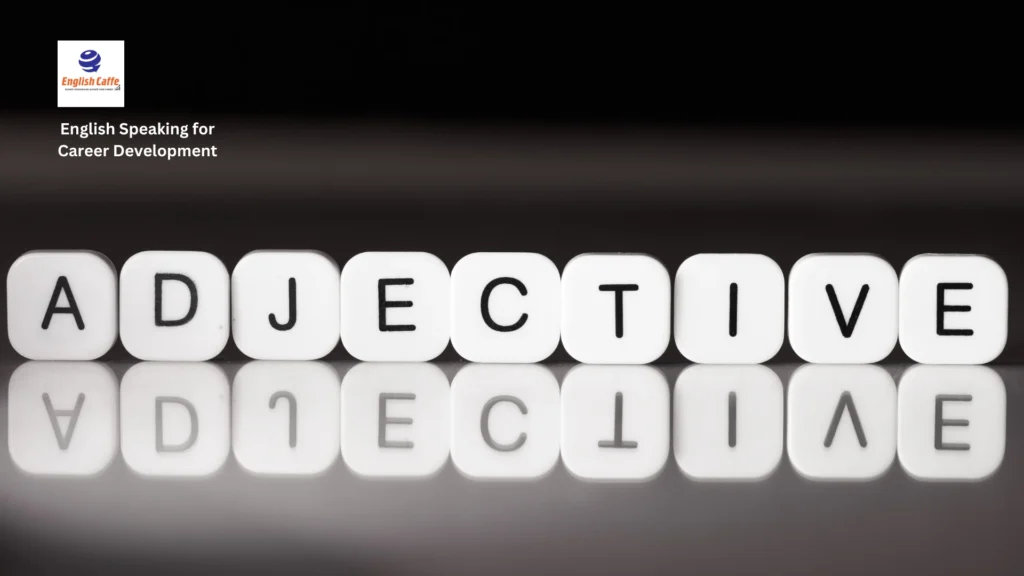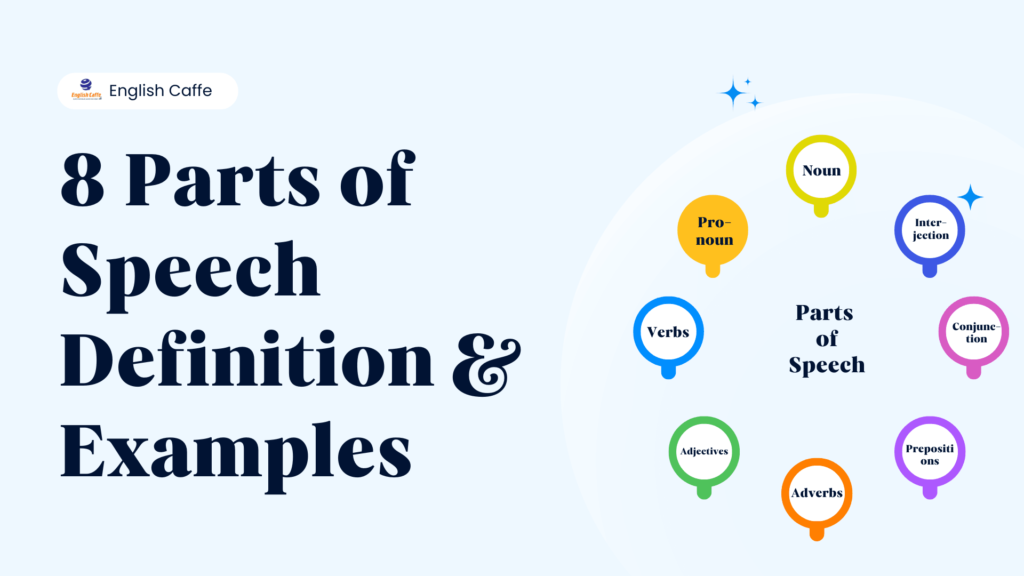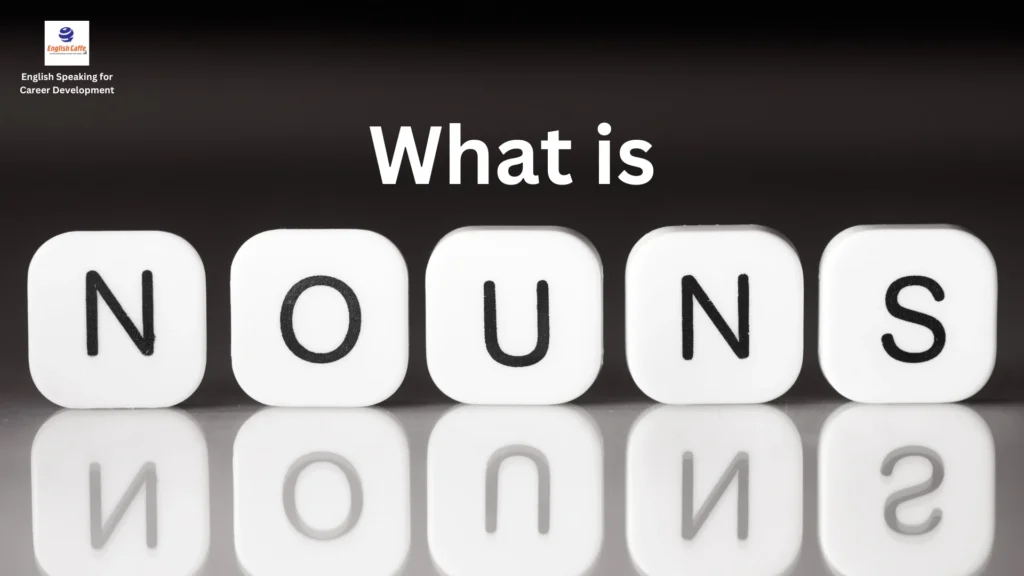Adjectives Definition and Examples
When you’re learning English, you come across many different parts of speech. One of the most important parts of speech is the adjective. You might not always think about adjectives, but they are everywhere in the sentences you speak and write.
Adjectives help make sentences more interesting and detailed. But what exactly are adjectives? Let’s dive into the adjectives definition and examples to understand their role in the English Speaking Course.
What are Adjectives?
A term that describes or alters a noun is called an adjective. In simple words, adjectives give us more information about a person, place, thing, or idea. They can describe how something looks, feels, tastes, sounds, or even how it acts. By using adjectives, we make our writing and speech more colorful and detailed.
For example, let’s take a look at the sentence:
The cat is cute.
The adjective “cute” is used in this sentence to describe the cat. Without adjectives, our sentences would be very plain and boring. Imagine if we just said, “The cat is.” Doesn’t give much detail, right?
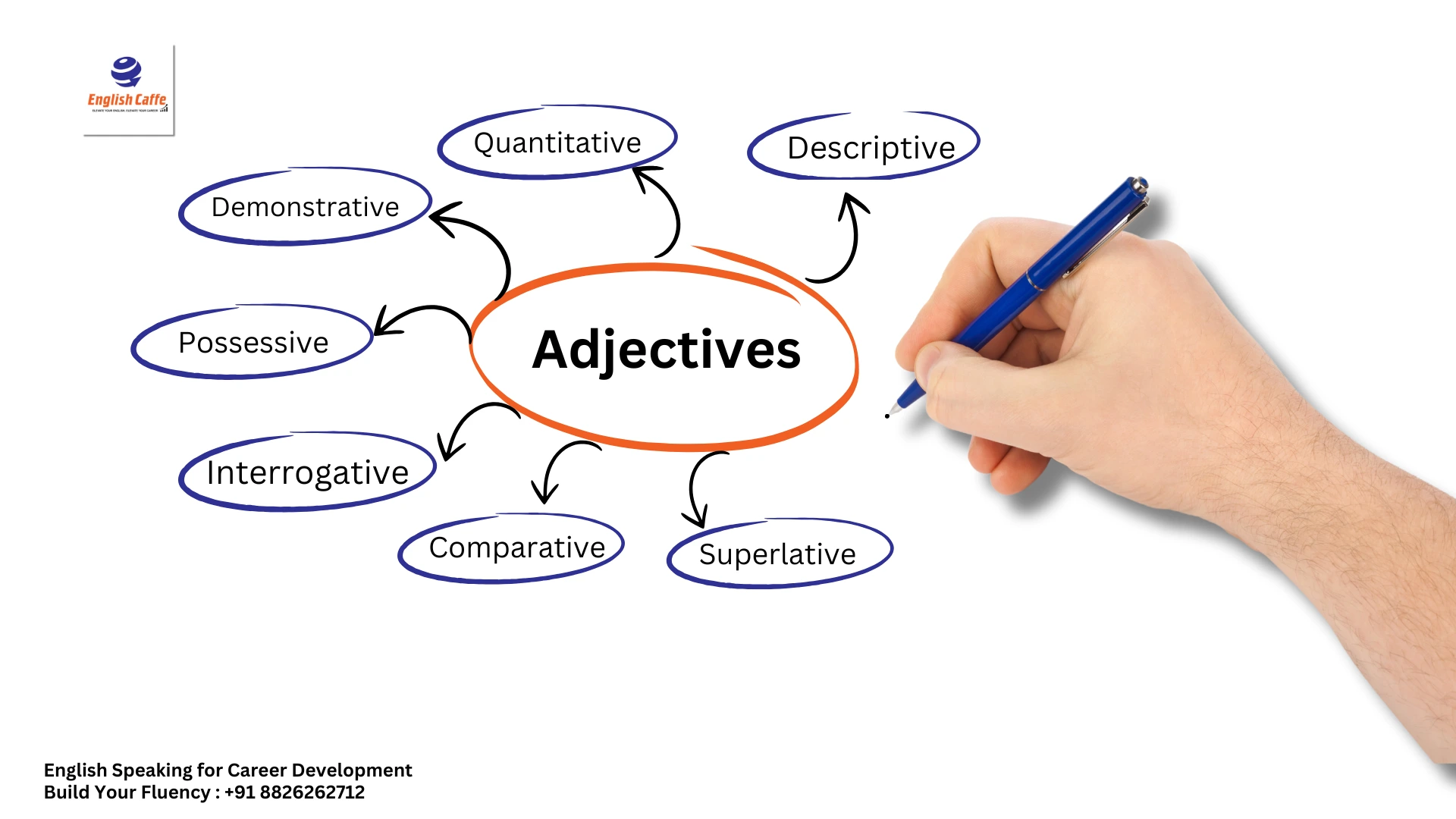
Types of Adjectives
There are different adjective types that you’ll come across in English. These types help describe various things about the nouns. These are a few examples of typical adjective types:
Descriptive Adjectives
These adjectives explain a noun’s attribute or feature. For example:
- The happy child played outside.
- She wore a red dress.
Quantitative Adjectives
These adjectives describe the quantity of the noun. For example:
- I have five books.
- There are many apples on the tree.
Demonstrative Adjectives
These adjectives point out specific things. For example:
- I like this cake.
- Give me those books.
Possessive Adjectives
These adjectives show ownership. For example
- That’s my pencil.
- This is her bag.
Interrogative Adjectives
These adjectives are used in questions. For example:
- Which book do you want?
- What color is your car?
Comparative Adjectives
These adjectives compare two things. For example:
- This test is easier than the last one.”
- She is taller than her brother.
Superlative Adjectives
These adjectives describe the highest degree of something. For example:
- This is the most delicious pizza I’ve ever eaten.
- He is the smartest student in the class.
Adjectives in a Sentence
Now, you know the adjectives and kinds of adjectives, let’s check out how adjectives in a sentence work. As mentioned before, adjectives help describe nouns. Let’s read some examples of adjectives in a sentence:
- The quick fox jumped over the lazy dog.
In this sentence, quick and lazy are adjectives. They describe the fox and the dog, respectively. - She wore a beautiful blue dress.
Here, beautiful and blue are adjectives that describe the dress.
The small dog barked loudly.
The adjective small tells us the size of the dog.
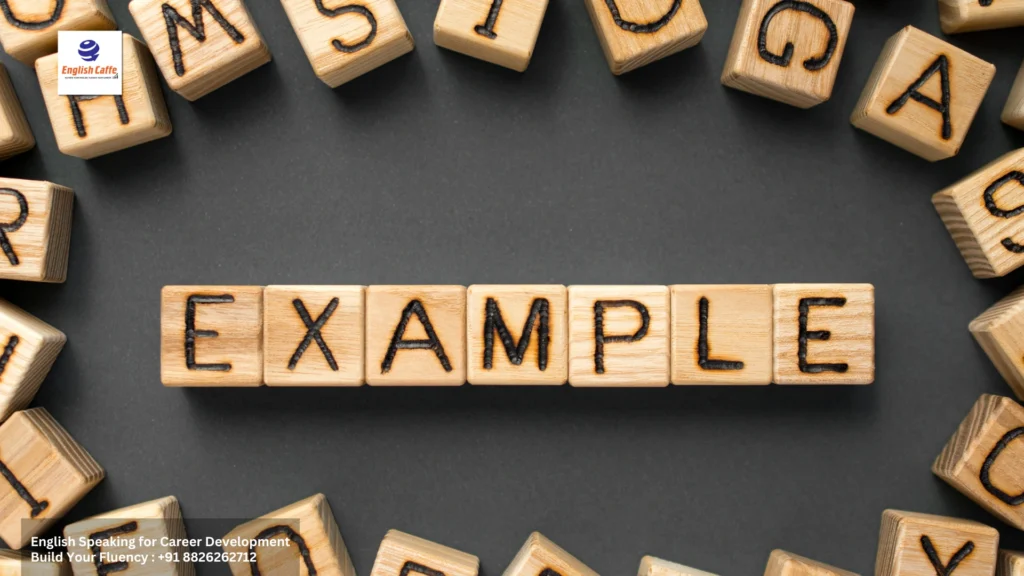
These Adjectives Examples Sentences for Practicing
Let’s go through some adjective example sentences to see how adjectives make our language more descriptive.
- The bright sun was shining.
- He has a big house.
- The angry teacher scolded the student.
- I love the sweet smell of flowers.
- The old building looks beautiful.
Notice how the adjectives provide extra information about the nouns? That’s what makes them so important!
Adjectives Starting with D
Some adjectives start with the letter D. Here are a few examples:
- Delicious: The cake looks delicious.
- Dangerous: It’s a dangerous road.
- Difficult: This math problem is really difficult.
Adjectives Starting with K
While fewer adjectives start with the letter K, there are still some interesting ones. Here are a few:
- Kind: She is a kind person.
- Keen: He is a keen observer of nature.
- Knowledgeable: She is very knowledgeable about history.
Adjectives Starting with V
Here are some adjectives starting with V:
- Valuable: Gold is a valuable metal.
- Vast: The vast ocean stretches out as far as the eye can see.
- Vivid: The vivid colors of the painting caught my attention.
Adjectives Starting with Y
Adjectives starting with Y are rare, but here are some examples:
- Yellow: She wore a yellow dress to the party.
- Young: He is a young student.
- Yummy: The cookies smell yummy.
Adjectives Starting with T
Now, let’s explore adjectives starting with the letter T:
- Tall: He is the tall player on the team.
- Terrible: The movie was terrible.
- Tasty: The soup is tasty.
Adjectives Starting with M
Here are some adjectives starting with M:
- Mighty: The mighty river flowed through the valley.
- Modern: I prefer modern furniture.
- Mysterious: The mysterious man didn’t speak much.
Why Adjectives Matter
Adjectives make writing and speaking more lively and fun. Without adjectives, we wouldn’t be able to add color or detail to our ideas. They help to paint a picture in the reader’s or listener’s mind.
If you want to improve your writing skills, using adjectives effectively is one of the first things you should focus on. When you use the right adjectives, you can express yourself much better. Whether you’re writing a story or just describing your day, adjectives are there to make things clearer and more interesting.
Frequently Asked Questions
A term that describes or modifies a noun by providing more details about it, including its size, color, or shape, is called an adjective.
There are 6-7 types of adjectives, including descriptive, quantitative, demonstrative, possessive, interrogative adjectives and superlative adjectives.
Yes, adjectives are frequently used to modify nouns in phrases. For example: “The tall building is impressive.”
Example: “The delicious cake was enjoyed by everyone at the party.”
Some examples of adjectives starting with ‘M’ are mysterious, mighty, and modern.

